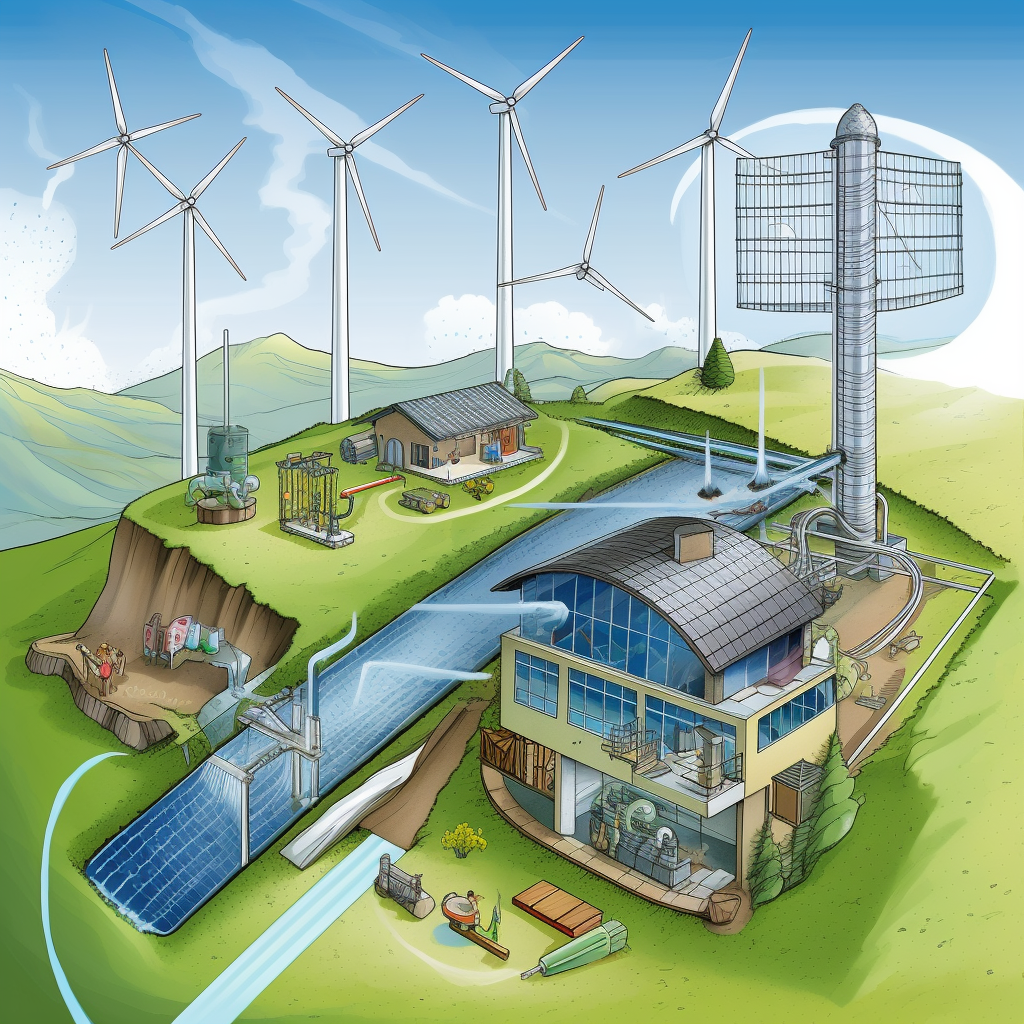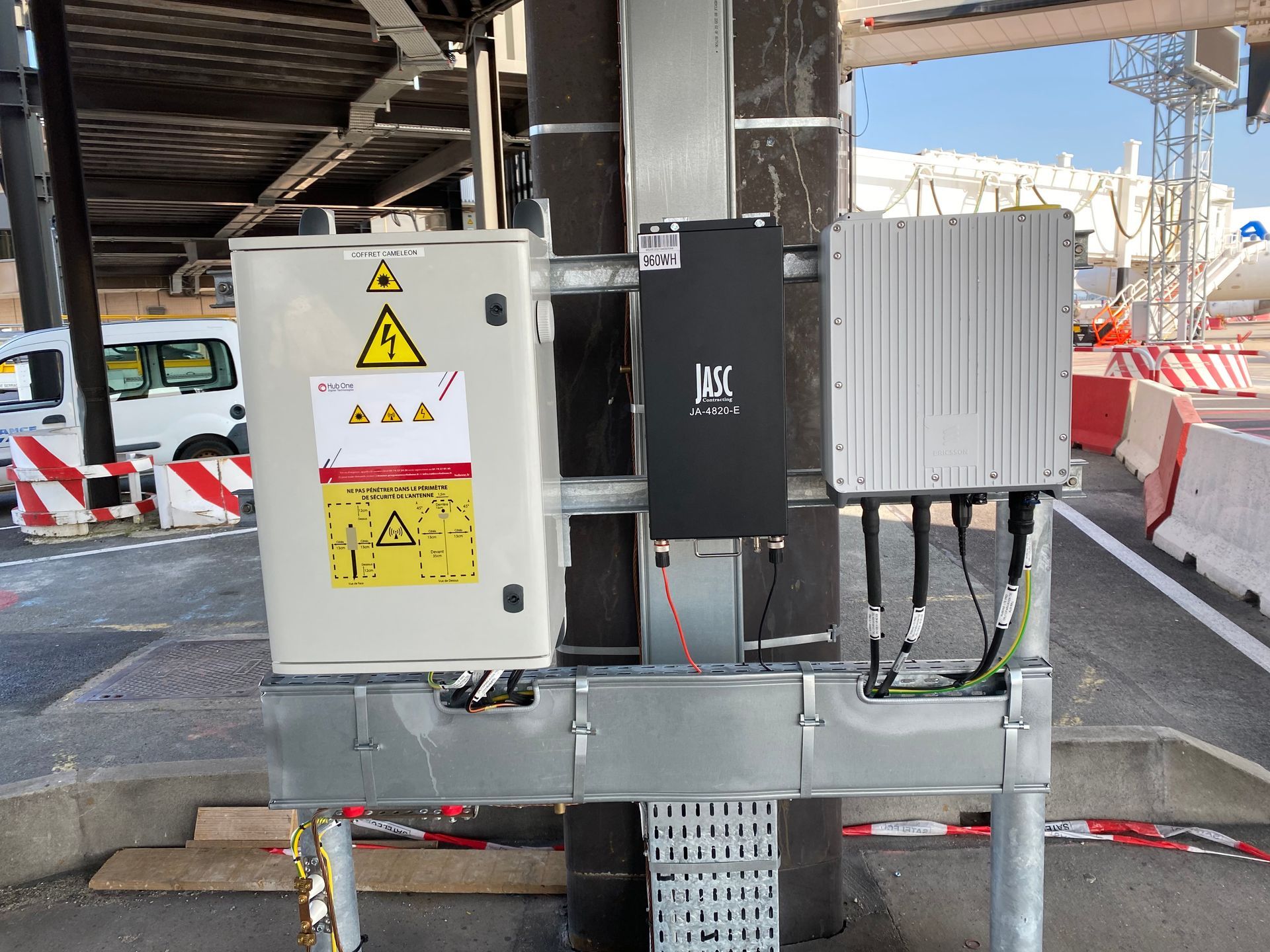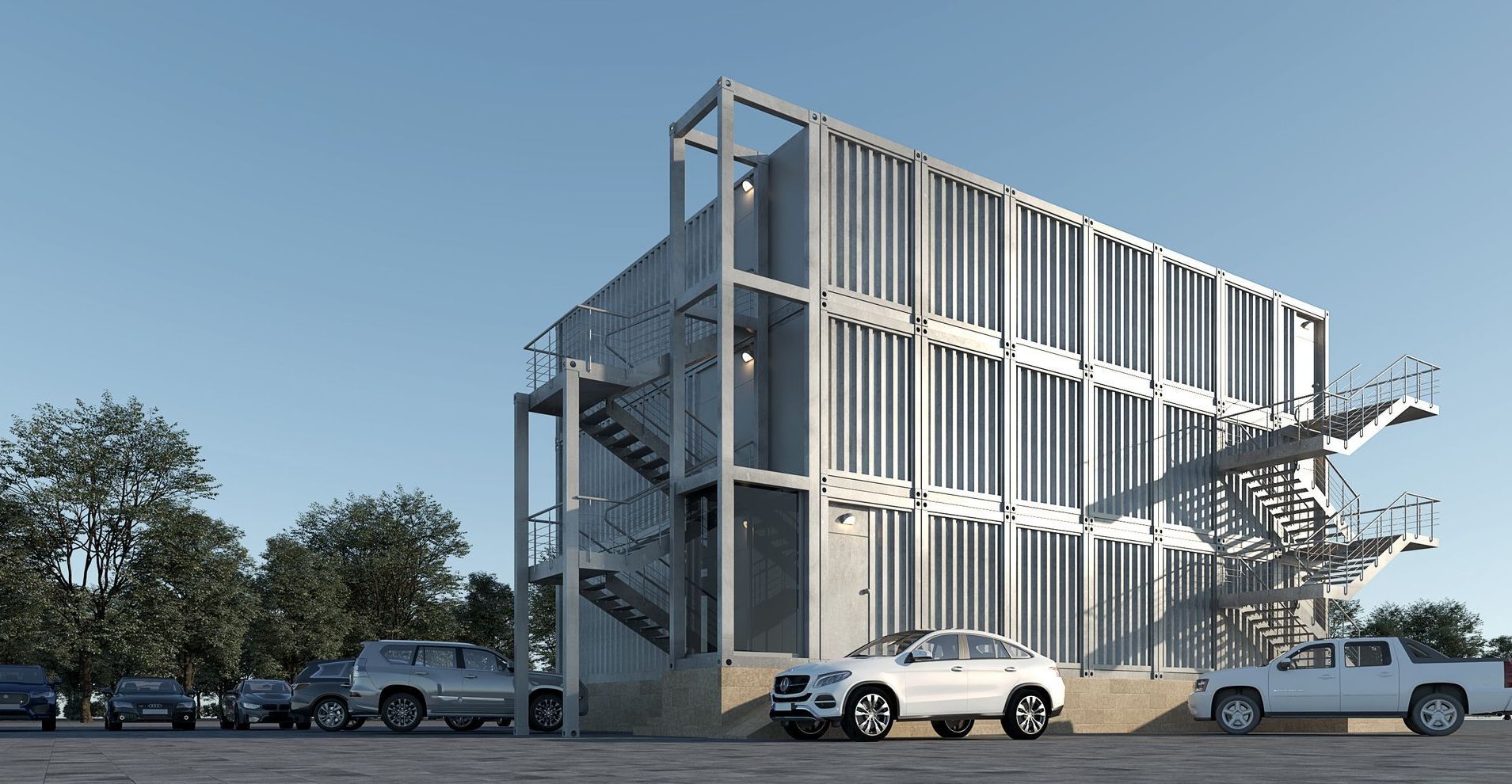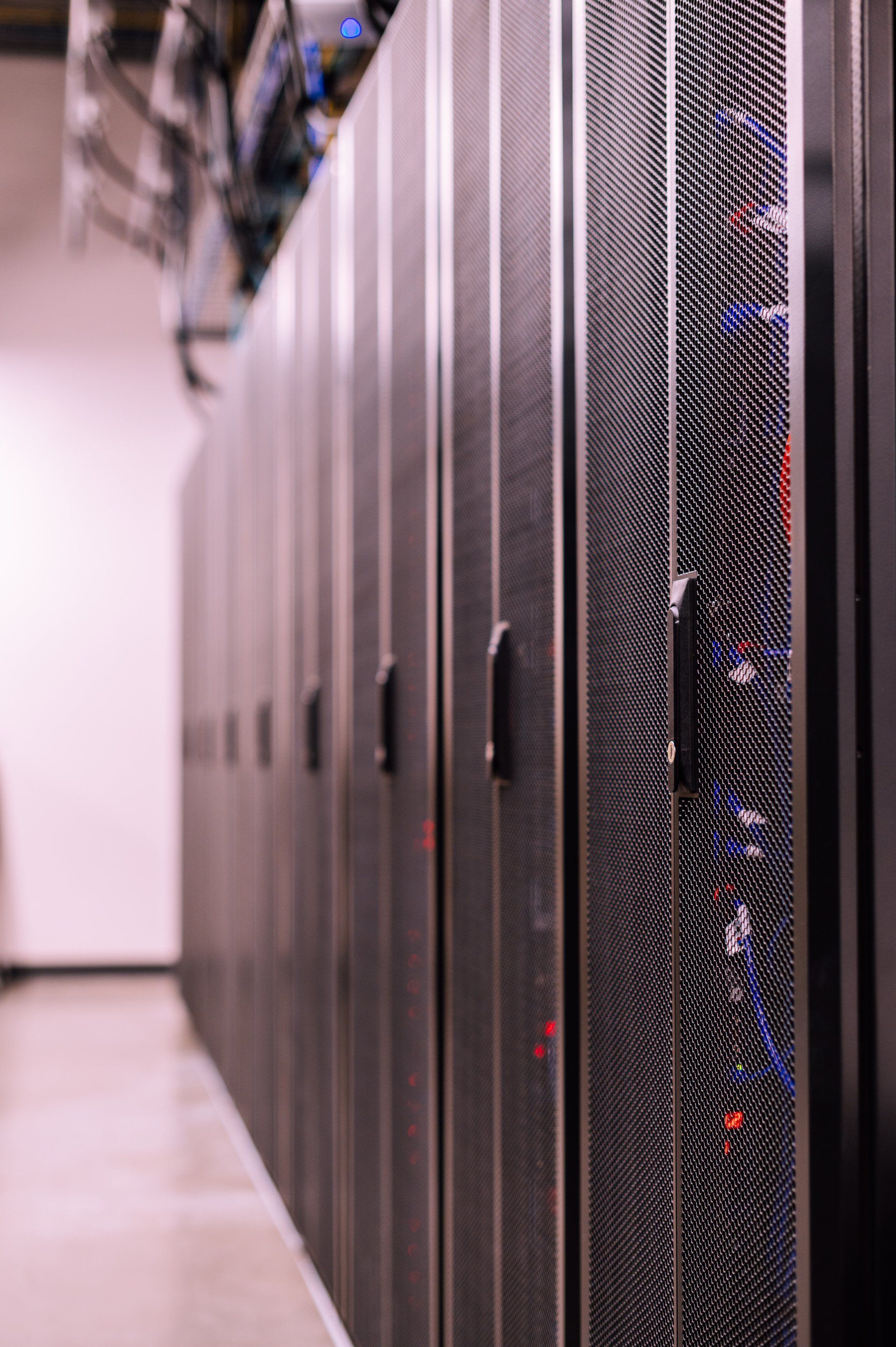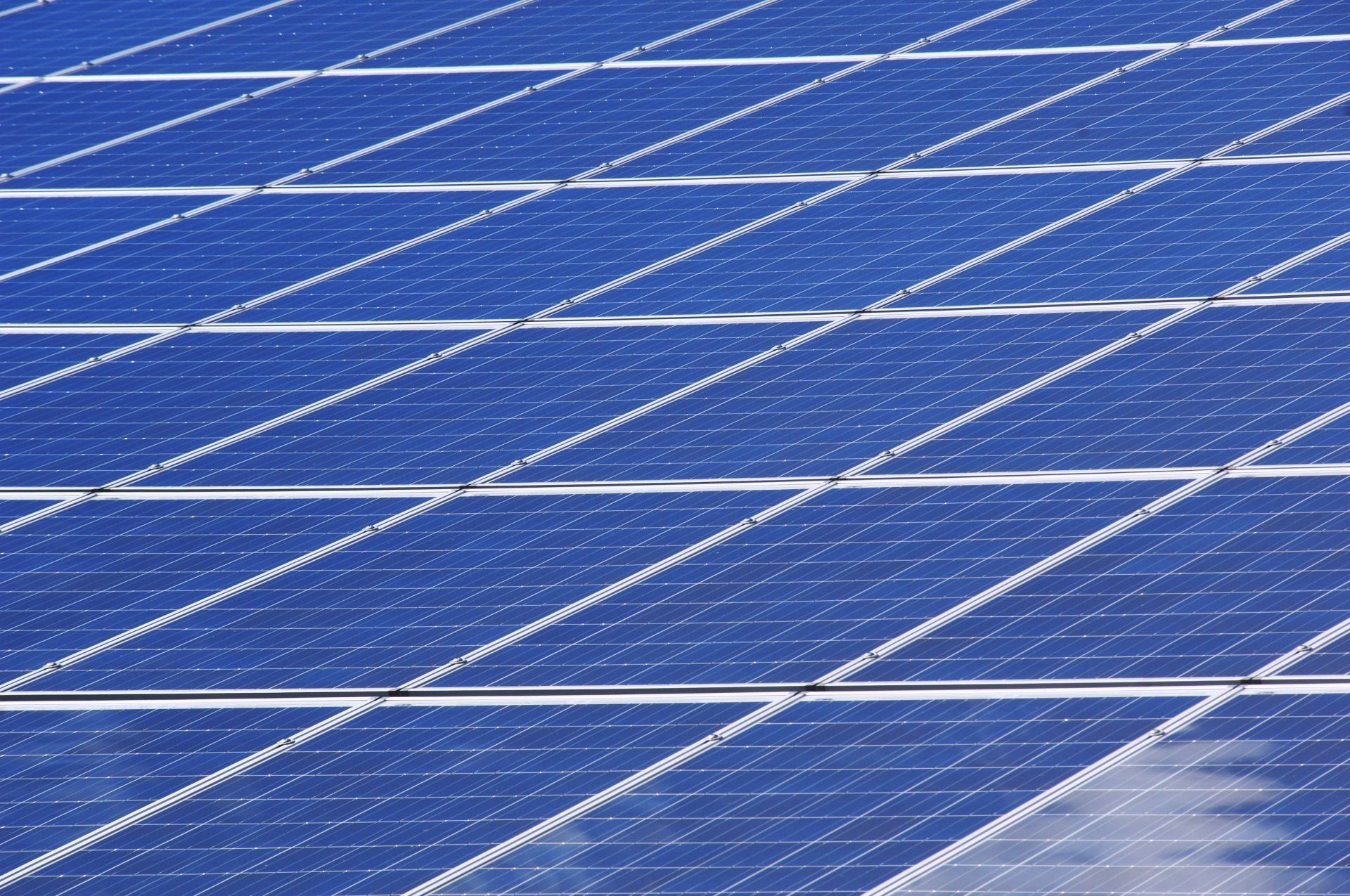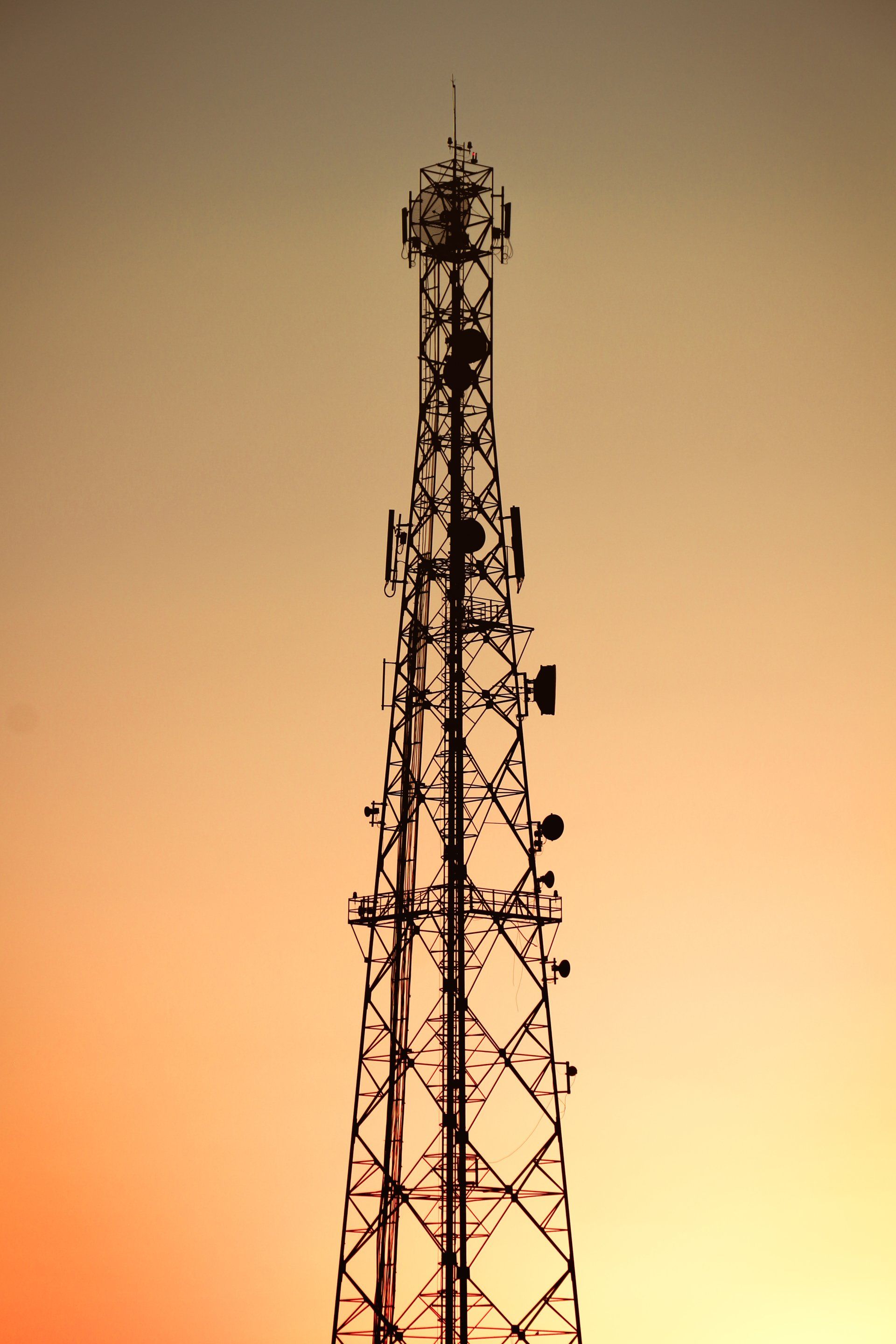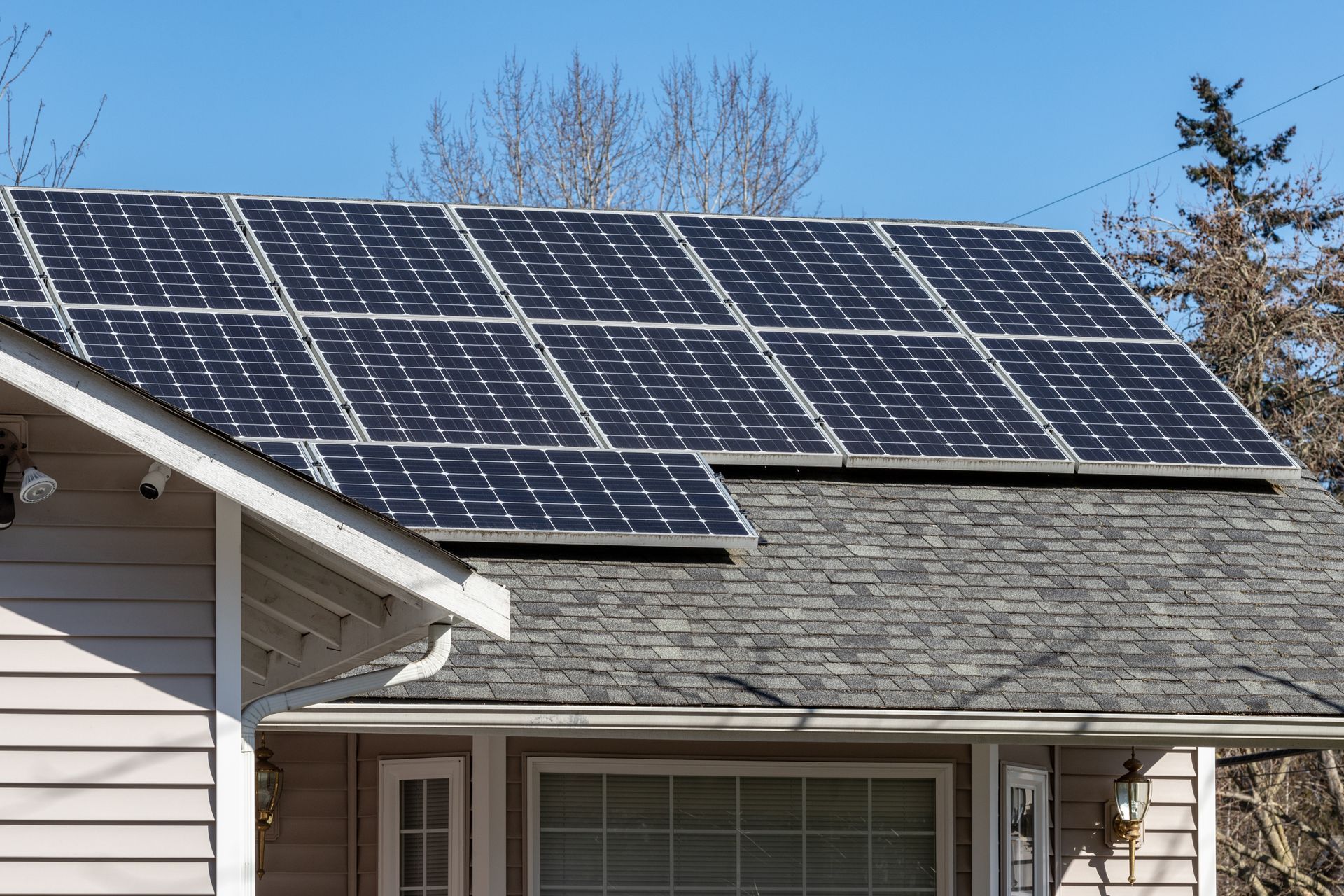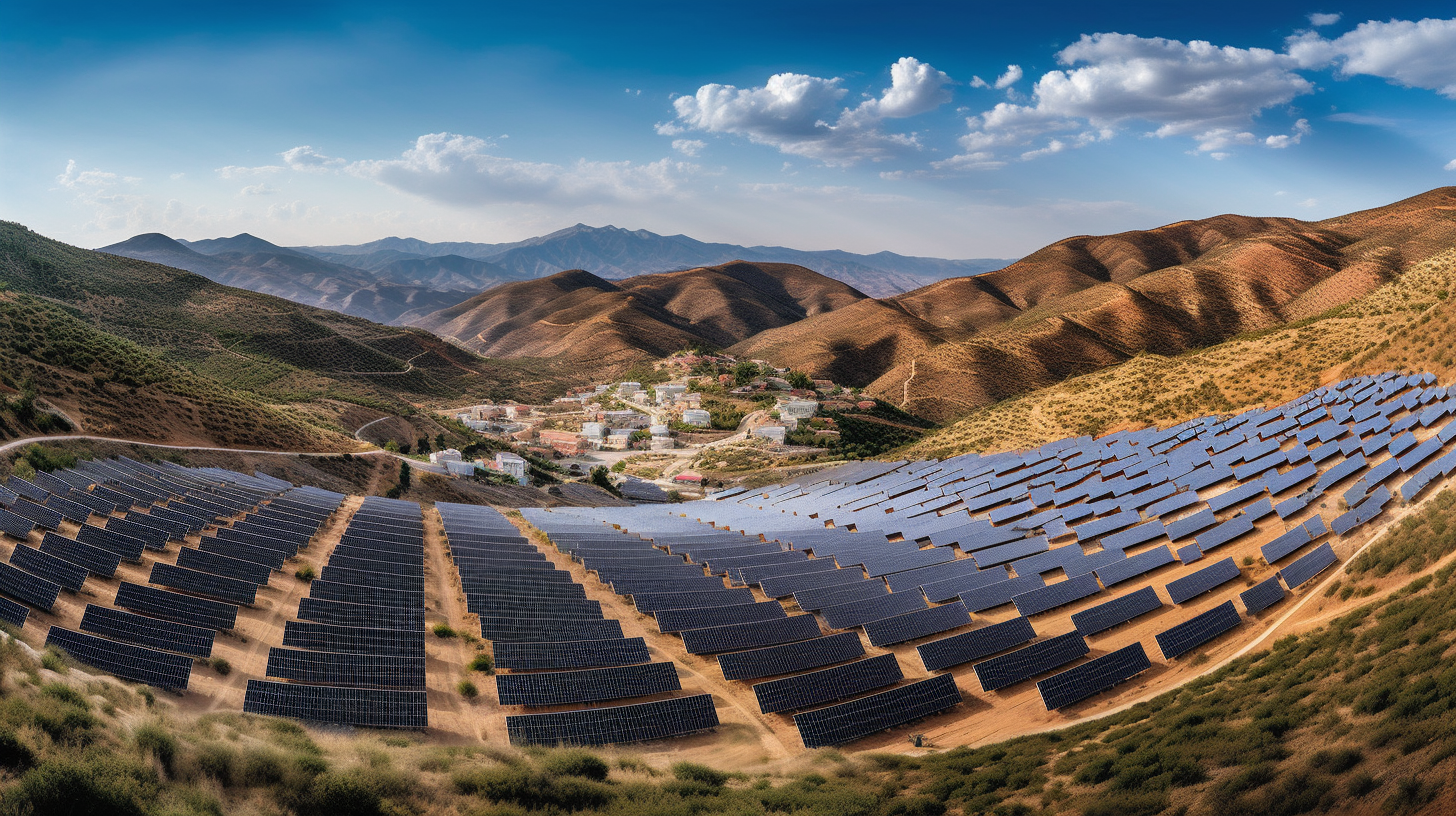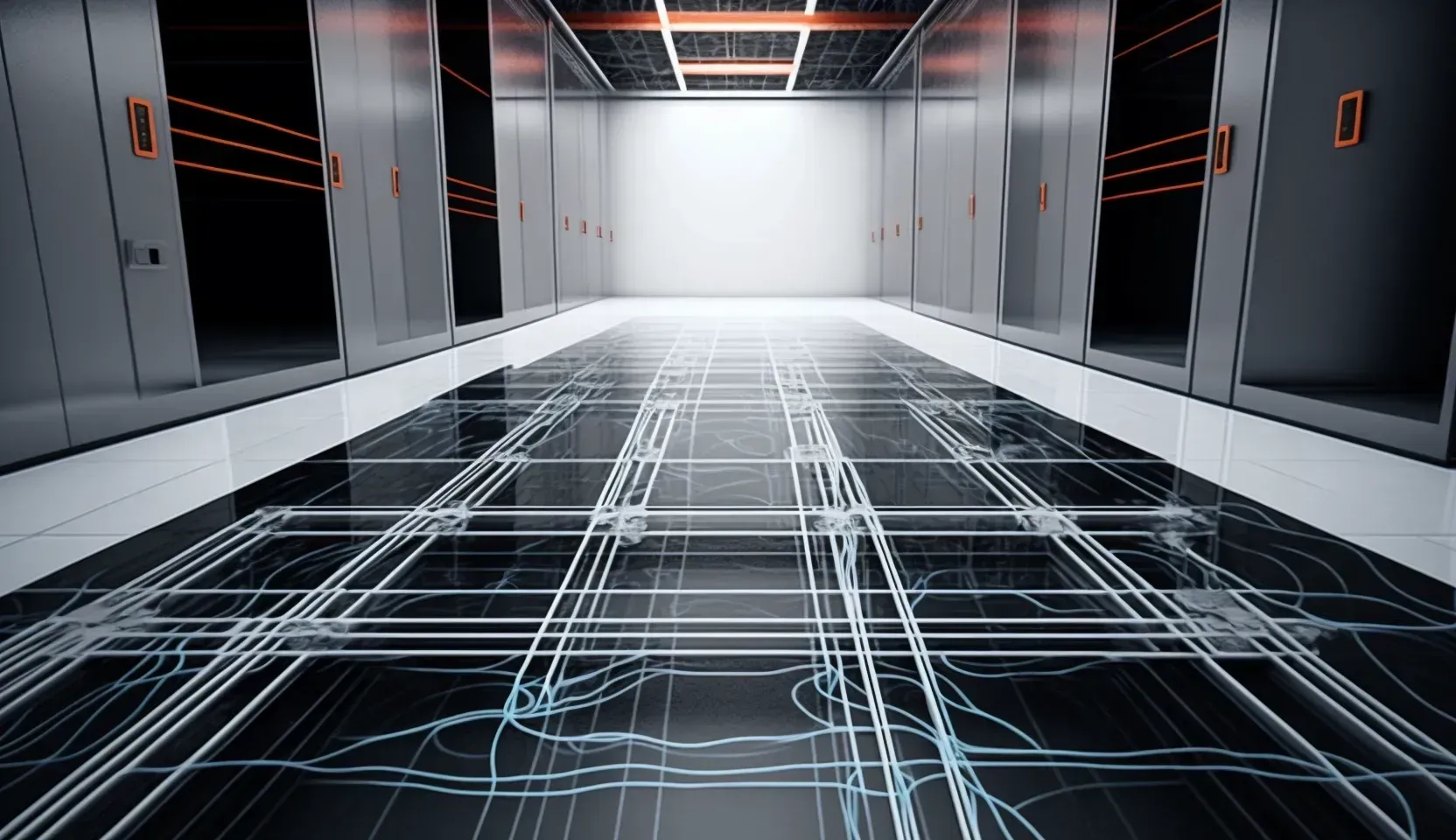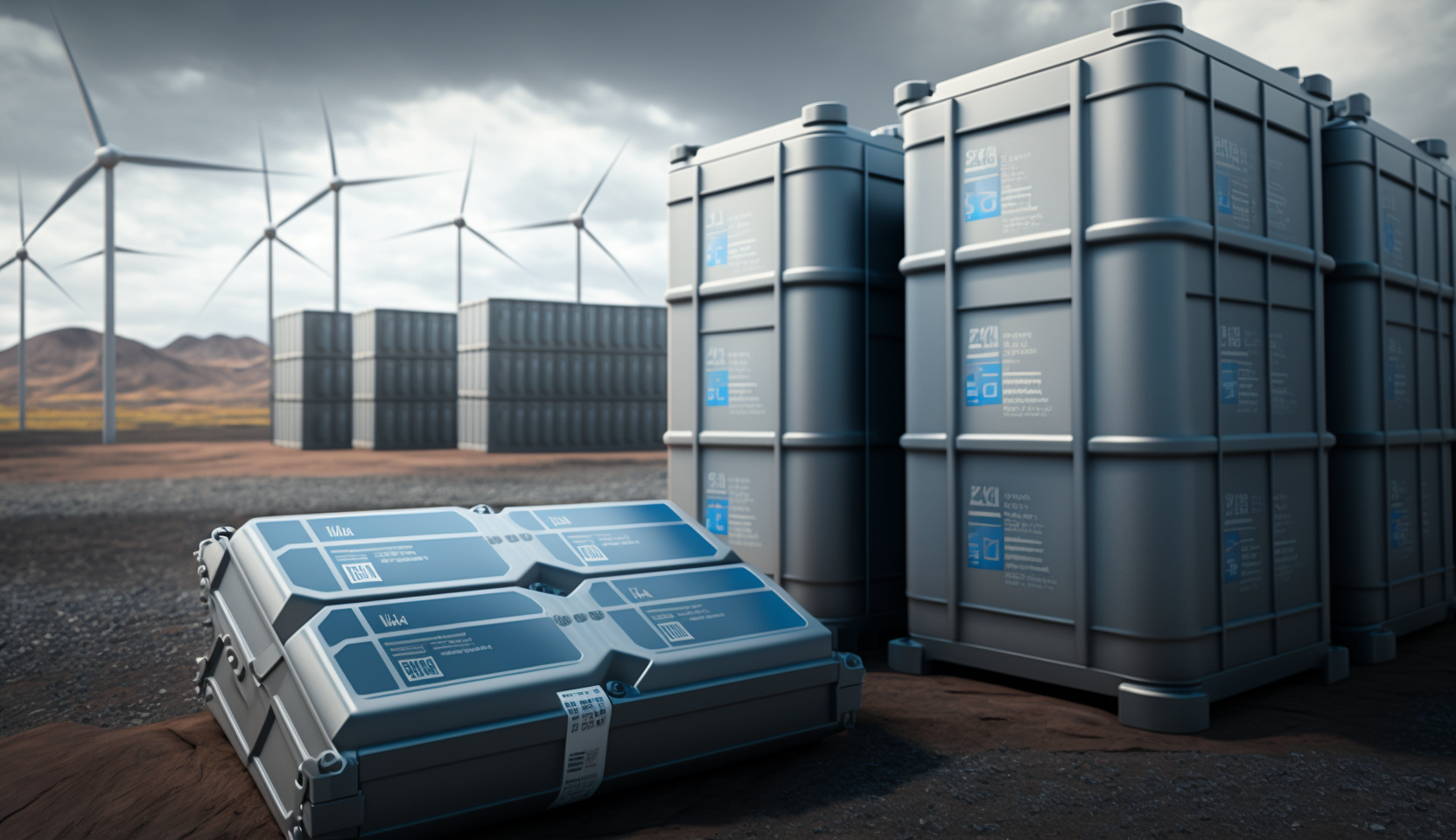TECH TRENDS
The Top 5 Renewable Energy Sources for Homes: Which Is Right for You?
Renewable energy sources are becoming increasingly popular among homeowners. Not only do they reduce our carbon footprint, but they can also save us money on our energy bills in
the long run. In this article, we will explore the top 5 renewable energy sources for homes and help you decide which one is right for you.
Introduction
Renewable energy sources are forms of energy that are replenished naturally and can be used without depleting the Earth's resources. Renewable energy sources include solar energy, wind energy, hydro energy, geothermal energy, and biomass energy. These energy sources have several advantages over traditional fossil fuels, including reducing greenhouse gas emissions and reducing dependence on foreign oil. In this article, we will explore the top 5 renewable energy sources for homes and help you determine which one is right for you.
Solar Energy
Solar power is the most popular renewable energy source for homes. It involves the installation of solar panels on the roof of your house or in your yard. These panels capture sunlight and convert it into electricity that can power your home. Solar power is a clean and renewable energy source, which means that it does not produce any harmful emissions or pollutants. However, the initial cost of installation can be quite expensive, and the amount of electricity generated can vary depending on the weather and the time of day.
Pros of Solar Energy:
- Free and unlimited source of energy
- Can reduce or eliminate energy bills
- Low maintenance cost
- Can increase the value of your home
Cons of Solar Energy:
- High upfront costs
- May require a significant amount of space
- May not be suitable for all climates
Wind Energy
Wind power is another renewable energy source that has gained popularity in recent years. It involves the installation of wind turbines on your property that can generate electricity from the wind. Wind power is a clean and renewable energy source that can be used to power your home, and any excess energy can be sold back to the grid. However, wind turbines can be quite noisy and can be an eyesore for some homeowners. Additionally, they may not be as effective in areas with low wind speeds.
Pros of Wind Energy:
- Free and unlimited source of energy
- Can reduce or eliminate energy bills
- Low maintenance costs
- Generates electricity during power outages
Cons of Wind Energy:
- High upfront costs
- Requires significant space and tall towers
- May not be suitable for all climates
- May be noisy and require permits
- Requires space for installation
Geothermal Energy
Geothermal energy is a renewable energy source that utilizes the heat from the earth to generate electricity. It involves the installation of a geothermal heat pump, which extracts heat from the ground and converts it into energy that can power your home. Geothermal energy is a clean and renewable energy source that is highly efficient and can save homeowners money on their energy bills. However, the initial cost of installation can be quite expensive, and it may not be suitable for all homes.
Pros of Geothermal Energy:
- Highly efficient and reliable
- Can reduce or eliminate energy bills
- Low maintenance
- Can also be used for heating and cooling
Cons of Geothermal Energy:
- High upfront costs
- Requires significant land for installation
- Not suitable for all soil types
Hydro Power
Hydro power is a renewable energy source that involves the installation of turbines in a flowing body of water, such as a river or a stream. These turbines can generate electricity from the flowing water, which can then be used to power your home. Hydro power is a clean and renewable energy source that is highly efficient and can produce a large amount of electricity. However, it may not be suitable for all homes, as it requires a significant amount of water flow.
Pros of Hydro Energy:
- Highly efficient and reliable
- Can produce a significant amount of energy
- Can also be used for irrigation and flood control
Cons of Hydro Energy:
- High upfront costs
- Requires significant land for installation
- Can have negative impacts on wildlife and ecosystems
Biomass Energy
Biomass energy is a renewable energy source that involves the burning of organic matter, such as wood or agricultural waste, to generate electricity. It is a clean and renewable energy source that can be used to power your home, and it can be more cost-effective than other renewable energy sources. However, it does produce emissions and pollutants, and the supply of organic matter may not be reliable in all areas.
Pros of Biomass Energy:
- Can be a low-cost and sustainable energy source
- Can be used for heating and electricity generation
Cons of Biomass Energy:
- Can produce air pollution
- Requires a constant supply of biomass
- May not be suitable for all climates
Conclusion
Renewable energy sources are becoming more popular among homeowners, and there are several options to choose from. Solar power, wind power, geothermal energy, hydro power, and biomass energy are all clean and renewable energy sources that can be used to power your home. When deciding which renewable energy source is right for you, it's important to consider factors such as cost, availability, efficiency, and environmental impact. If you're unsure about which option would be best for your specific needs, consider consulting with the experts at JASC for personalized recommendations.

